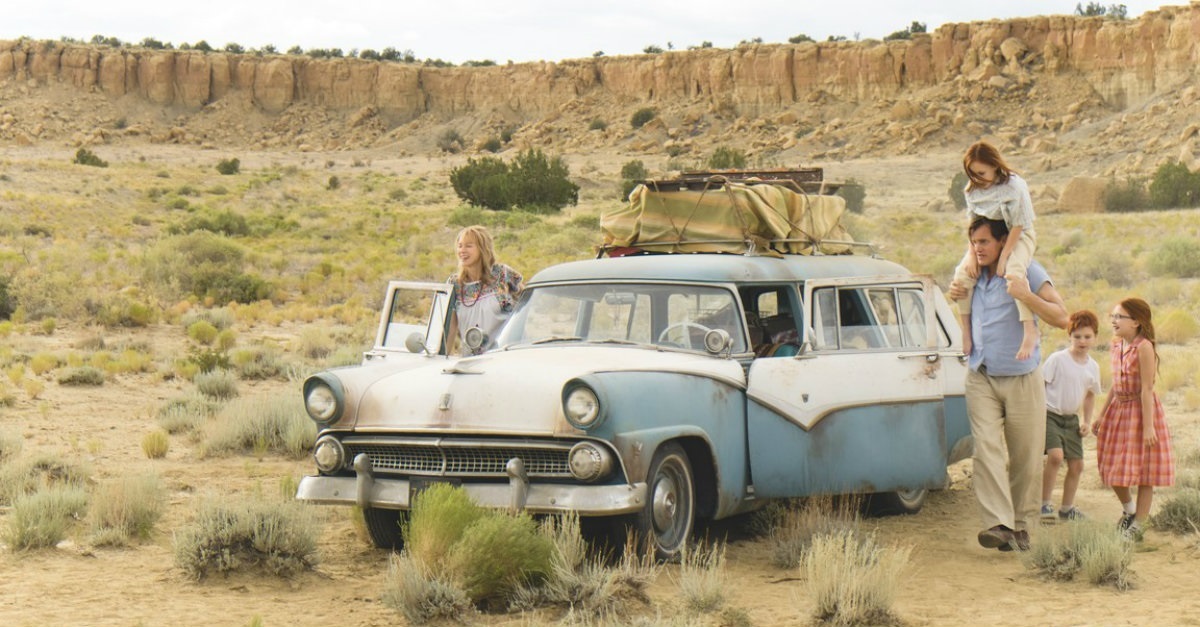The adaptation of Jeannette Walls’ bestselling memoir, The Glass Castle, tells the story of a girl navigating a childhood punctuated with powerful moments of laughter and adventure but fundamentally defined by trauma, neglect and uncertainty.
Jeannette, her two sisters and brother experience a nomadic and, at times, exciting childhood in 1970s rural America. Towards the beginning of the film, the audience see the children’s lives through the perspective of young Jeannette who at this age still sees the excitement in her turbulent life. However, as the film progresses, we become more aware that these children are trapped within their family unit and isolated from the outside world by an abusive father, Rex (Woody Harrelson) and an emotionally detached mother, Rose Mary (Naomi Watts). A strong cast, with Brie Larson and Ella Anderson shining in their portrayals of the adult and teenage Jeannette respectively, and director Destin Daniel Cretton present an engaging story of suffering and love. Ultimately, however, the overall effect of the film is let down by a weak flashback structure, the underdeveloped character of Rose Mary (despite Naomi Watts’ valiant efforts) and a failure to satisfy the audience that Jeannette’s decision to forgive her parents at the end of the film was justified.
Frequently called into question throughout the film is the extent to which Jeannette trusts her unpredictable father. Despite displays of cruelty and abuse, young Jeannette shows almost unfaltering forgiveness and love towards him in exchange for rare moments of tenderness and kindness. These exceptional moments of peace in the film are uncomfortable and succeed in making the moments of horror, such as when Rex repeatedly throws a terrified Jeannette into a swimming pool, or when he holds his wife by the wrists and dangles her from a second-storey window, even more horrifying. This is not a film about the love of parents towards their children, but one about the resilience of children which brings out the uplifting and moving qualities of this adaptation.
Despite the presence of powerful moments such as these, the film felt lacking in a climax. The use of flashbacks certainly contributed to this; they created an episodic feel and resulted in the momentum of the film feeling stilted. Moments of truth and revelation, felt wrongly timed and irritating, as opposed to emotive or powerful.
The end of the film suggests that Cretton was keen to emphasise the importance of forgiveness. Unfortunately, as the conclusion to an intensely anger-inducing and shocking story, it felt misjudged, unsatisfying and I felt as if Jeannette deserved more.
Charlotte Perry
(Image courtesy of Lionsgate)

